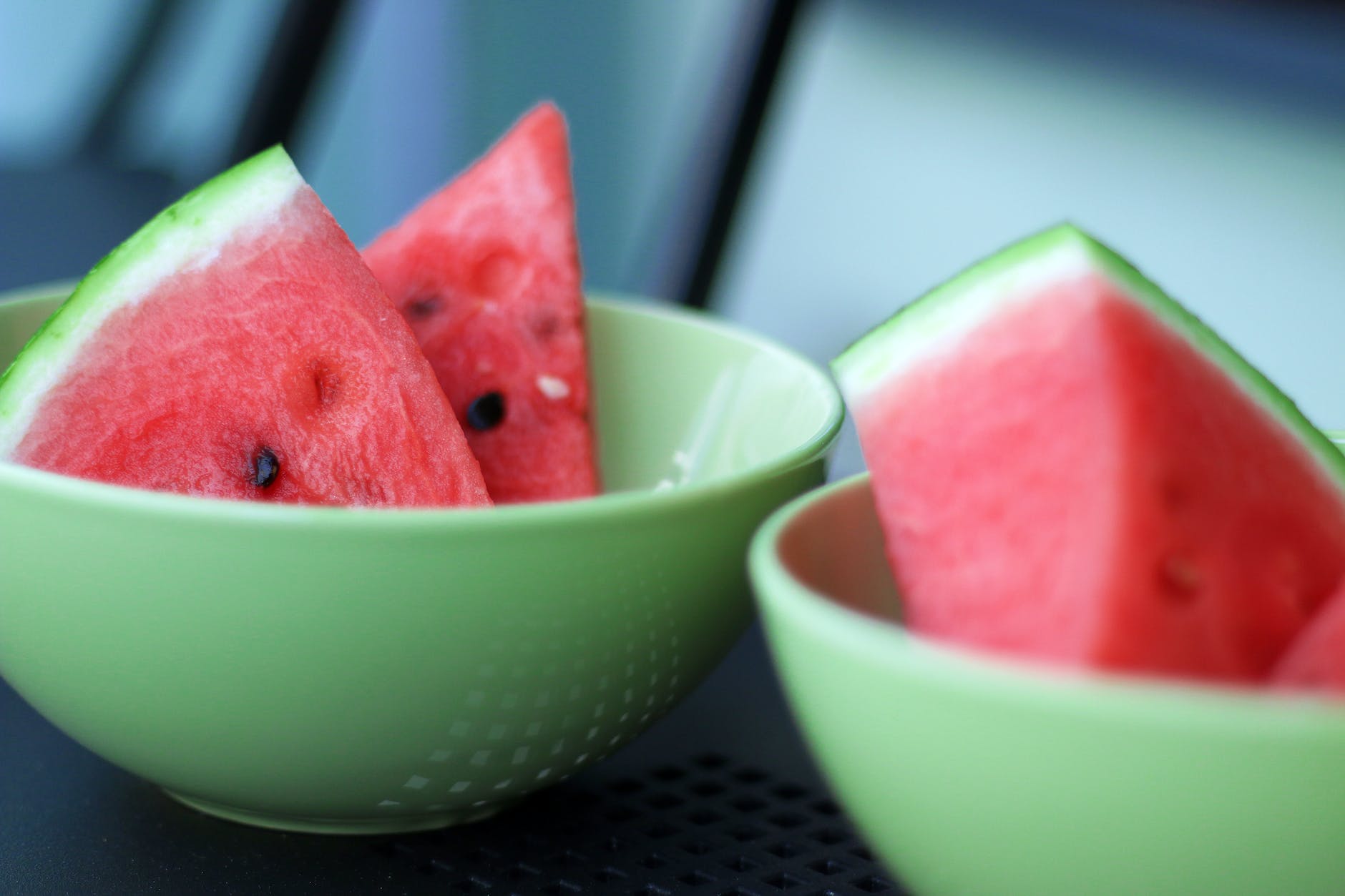
In today’s world — where stress, pollution, fast food, and sleepless nights have become normal — our bodies need more than just “resistance.” They need resilience.
Ayurveda, India’s ancient system of healing, offers time-tested tools to build that resilience. At the center of that tradition are five powerhouse herbs you’ve likely heard of — or even have in your kitchen already:
- Amla (Indian Gooseberry)
- Tulsi (Holy Basil)
- Ashwagandha
- Ginger
- Turmeric
Each of these herbs has been used for centuries not as quick cures, but as daily tonics — strengthening immunity, improving digestion, calming the nervous system, and supporting the body through seasonal and emotional changes.
In this post, we break down what each herb does, how they work together, how to use them safely, and how you can turn them into your own daily herbal tea — or get a ready-made version like the Himalayan Immuni-Tea from MasalaMonk.
🟢 Amla (Indian Gooseberry) — The Rejuvenator
Sanskrit name: Amalaki
Taste profile: Sour, slightly astringent
Energetics: Cooling, rejuvenating
✦ Why it matters:
Amla is one of the richest natural sources of Vitamin C, but in a bioavailable, non-acidic form. It supports both innate and adaptive immunity, helps build blood, supports liver function, and slows cellular aging.
🔬 Modern research:
- Amla has been shown to increase antioxidant enzyme activity, reduce oxidative stress, and improve markers of immune function.
- It’s also used to support heart health and diabetes regulation.
🌿 Tulsi (Holy Basil) — The Immunity Modulator
Sanskrit name: Tulasi
Taste profile: Pungent, slightly bitter
Energetics: Warming, clarifying, adaptogenic
✦ Why it matters:
Tulsi isn’t just a sacred plant — it’s one of the most broad-spectrum herbs in Ayurveda. It calms the nervous system, reduces cortisol (stress hormone), improves respiratory health, and acts as a gentle antimicrobial and anti-inflammatory agent.
🔬 Modern research:
- Clinical studies show tulsi improves immune response, reduces anxiety, and supports lung function.
- Contains ursolic acid, eugenol, and rosmarinic acid — all studied for antiviral, antibacterial, and anti-inflammatory effects.
🪵 Ashwagandha — The Stress Shield
Sanskrit name: Ashwagandha
Taste profile: Bitter, earthy
Energetics: Warming, grounding, tonifying
✦ Why it matters:
Ashwagandha is an adaptogen — a class of herbs that help the body handle stress. While not directly an “immune herb,” its ability to balance cortisol, support adrenal health, and promote deeper sleep indirectly makes the immune system more resilient.
🔬 Modern research:
- Shown to lower cortisol levels, reduce symptoms of anxiety and fatigue, and improve immune cell function.
- Also supports testosterone balance, thyroid regulation, and recovery from chronic stress.
🔥 Ginger — The Digestive Firestarter
Sanskrit name: Shunthi
Taste profile: Spicy, pungent
Energetics: Heating, stimulating, decongesting
✦ Why it matters:
In Ayurveda, good immunity begins with strong digestion (agni). Ginger kindles that fire, breaks down toxins, clears mucus, and helps deliver nutrients efficiently. It also acts as a natural carrier, helping other herbs reach deeper tissues.
🔬 Modern research:
- Contains gingerols and shogaols — compounds with strong anti-inflammatory, antiviral, and thermogenic (warming) effects.
- Supports circulation, detox, and respiratory health.
✨ Turmeric — The Golden Anti-Inflammatory
Sanskrit name: Haridra
Taste profile: Bitter, astringent, slightly pungent
Energetics: Warming, cleansing
✦ Why it matters:
Turmeric is Ayurveda’s go-to herb for inflammation — the root of many modern diseases. It supports liver detox, wound healing, immune modulation, and gut health.
🔬 Modern research:
- Curcumin, the active compound, is extensively studied for its anti-inflammatory, antioxidant, and immune-supporting effects.
- Best absorbed with black pepper (piperine) and healthy fats like ghee or coconut oil.
🫖 How These Herbs Work Together
When combined into a tea or decoction, these herbs create a synergistic formula that addresses immunity from multiple angles:
| Herb | Function |
|---|---|
| Amla | Rejuvenates cells and boosts antioxidant capacity |
| Tulsi | Modulates immune response and clears respiratory channels |
| Ashwagandha | Reduces stress-related immune suppression |
| Ginger | Improves digestion and circulation |
| Turmeric | Controls systemic inflammation |
✨ These herbs don’t “stimulate” immunity — they support balance and help your system respond more intelligently to stress, infection, or internal imbalance.
🏺 How to Make Your Own Daily Herbal Immunity Tea
Ingredients (all dried or powdered if possible):
- 1 tsp dried amla or ½ tsp amla powder
- 1 tsp dried tulsi leaves
- ½ tsp ashwagandha powder
- ½ tsp grated or dried ginger
- ½ tsp turmeric powder
- Pinch of black pepper (optional for turmeric absorption)
Method:
- Add all ingredients to 2 cups of water.
- Simmer gently for 5–10 minutes, covered.
- Strain and sip warm, ideally on an empty stomach or between meals.
- Optional: Add raw honey or lemon juice after cooling slightly.
🔁 When & How Often to Drink
- Best time: Morning (empty stomach) or mid-afternoon
- How often: Daily or at least 4–5x per week during seasonal change, stress, or recovery
- Duration: Safe for regular use in moderate doses; listen to your body over time
⚠️ Who Should Be Cautious
- Pregnant or breastfeeding women should consult a healthcare provider before using herbs like ashwagandha or turmeric in high doses.
- People with autoimmune conditions should monitor responses carefully when using immune-modulating herbs.
- Always check interactions if you’re on blood thinners, thyroid meds, or other chronic medications.
🛒 Don’t Want to Make Your Own?
If you prefer a ready-made version using these same principles, you can find curated blends like:
👉 Himalayan Immuni-Tea – available at MasalaMonk.com
It’s based on this exact combination, thoughtfully blended and sourced from Himalayan herbs.
🧭 Final Words
In Ayurveda, immunity isn’t a supplement. It’s a state of balance — supported by breath, food, rest, and herbs.
Amla, Tulsi, Ashwagandha, Ginger, and Turmeric aren’t just ingredients — they’re allies. Add them to your life, slowly and consistently, and you’ll notice more than just fewer colds. You’ll feel steadier. Sharper. More centered.
And in today’s chaotic world, that kind of resilience might just be your best defense.
✅ FAQs: Ayurvedic Immunity Blend Using Amla, Tulsi, Ashwagandha, Ginger & Turmeric
- Can I take all these herbs together in one tea?
Yes. These herbs complement each other well and are often combined in Ayurvedic formulations. When brewed together, they create a synergistic effect supporting immunity, digestion, and stress resilience. - What is the best time to drink this herbal tea?
Morning (on an empty stomach) or between meals is ideal. It helps activate digestion, cleanse the system, and prep the body for the day. It can also be sipped mid-afternoon to support energy and immune balance. - Is this tea safe for daily use?
For most healthy adults, yes. These herbs are generally safe when used in moderation and as part of a balanced routine. However, always monitor how your body responds over time. - Can I use fresh ingredients instead of powders or dried herbs?
Absolutely. Fresh ginger, turmeric root, and tulsi leaves can be used. Just adjust quantities: 1–2 slices for roots, and 4–5 fresh leaves per cup for herbs. - Does this tea contain caffeine?
No. All these ingredients are naturally caffeine-free, making it safe for consumption any time of the day. - Can pregnant or breastfeeding women drink this tea?
Caution is advised. Some herbs like ashwagandha and turmeric in therapeutic doses may not be suitable during pregnancy. Always consult your doctor before use in these cases. - What if I don’t have all the herbs? Can I still make a simplified version?
Yes. Even 2 or 3 of these herbs (like tulsi + ginger + turmeric) can still offer significant health benefits. Use what you have, and build gradually. - Can I add honey or lemon?
Yes. Add raw honey after the tea cools slightly (never to boiling water) and lemon juice as desired. Both enhance taste and health benefits. - Will this tea help if I’m already sick?
It can support recovery by reducing inflammation, clearing digestion, and modulating immunity. But it’s most effective when used consistently over time to build resilience — not just during illness. - Is there a ready-made version of this blend?
Yes. If you prefer a pre-formulated, small-batch version, you can try the Himalayan Immuni-Tea available on MasalaMonk.com, which uses this exact herbal profile.












